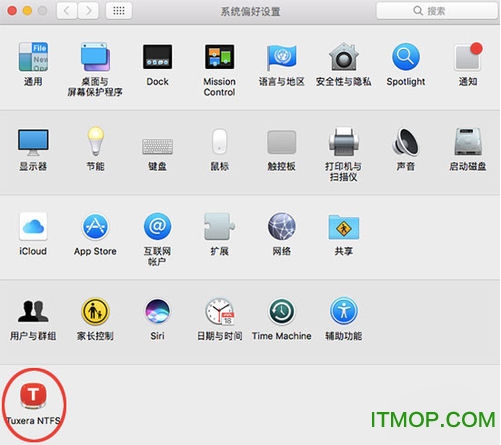

You need to run the following commands each time that you want to mount a drive with write permissions. You can get this in the Terminal using the command: diskutil list You need to run a few extra commands to get it working.įirst, find the address of your mounted read-only drive. NTFS-3G enables your Mac to write to NTFS drives, but it is not automatic.
Toshiba tuxera ntfs for mac.dmg how to#
How to Write to an NTFS Drive With NTFS-3G Once you've done that, try re-running the NTFS-3G command. You'll then be prompted to reboot your Mac. If that happens, run this command as well: Sometimes Terminal doesn't recognize that you have already installed the macFUSE package.
Toshiba tuxera ntfs for mac.dmg install#
That is another single command: brew install ntfs-3g Once you run the commands to install Homebrew, and you get a confirmation in Terminal, you need to install the NTFS-3G package.

You'll need a couple of extra tools to complete the job, available in a Mac Homebrew package called NTFS-3G.įirst, install Homebrew by pasting this line into the Terminal: /bin/bash -c " $(curl -fsSL )" The program is a handler it doesn't contain anything to mount and read the files themselves. One of the most popular solutions is an open-source product: macFUSE for macOS.ĭownload macFUSE to get started. If you're in IT and deal with Windows drives regularly, you may need a better option. You'll see your drive listed here, and you can now copy files onto it.Įven if you're comfortable using Terminal, no one wants to edit a preference file every time they deal with a new drive. You can only get there in Finder click Go in the menu bar and select Go to Folder. Once it has remounted, it will be available in /Volumes. Hit Ctrl + O to save the file, then Ctrl + X to quit Nano. Then copy this line into the file, replacing DRIVENAME with the actual name of the drive you want to access: LABEL=DRIVENAME none ntfs rw,auto,nobrowse You need to follow these instructions for each drive you want to write to.

But while macOS can read NTFS drives by default, its write capability hides behind a Terminal hack. Sometimes you may need to write some files to a locked drive only once, and you can do this with built-in Mac tools. We recommend you do not rely on this method for writing to important volumes or as a long-term solution. There is a very real chance that something could go wrong, resulting in a loss of data on the target drive. The following steps describe a method of enabling the experimental NTFS support in macOS.


 0 kommentar(er)
0 kommentar(er)
